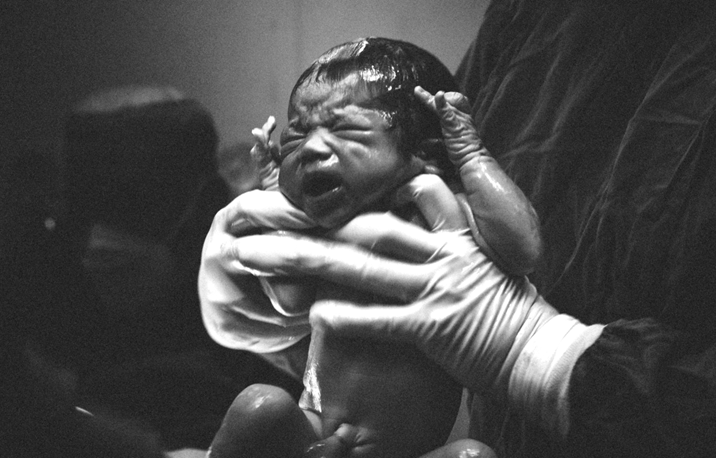
Services
We often speak of mountain top experiences: those moments when God is powerfully present, when we feel that we have stepped outside of the humdrum and the ordinary and touched the divine and the eternal. Both readings this morning recount such an experience. In both they take place on a mountain top, above the concerns of the everyday.
In Exodus 24:12-18 it is only Moses who is permitted to draw near to God, the rest of the people must stay at the distance. In Matthew 17:1-9, however, Jesus takes people with him. Here, instead of the “devouring fire” seen by Moses on the mountain, they see Jesus transfigured by the fire, the light and glory emanating from within him.
The disciples are scared out of their wits but Jesus restores them with a touch. Here God is no longer separate from humanity, no longer distant and other but is deeply and intimately enmeshed in and with humanity.
God does not remain on the mountain top, God accompanies them back down the mountain into the world of the everyday. Here they are to learn that they too can be transfigured, soaked through with the love and the will of God. And, being filled with Christ, recognise Christ in others and in the world around them.
God is not for special times and special places, God is for all times and all places. Shining through the world, shining through each and everyone of us, calling us to reach out our very human hands that through them God might bring healing and renewal to a needy world.
No worries! Who is Jesus kidding when he tells us not to worry in Matthew 6:25-34. Worry is, after all, an essential part of life, it helps us to focus on what matters. And that is the point Jesus is making, what are we worried about and what does it reveal about what is important to us?
When we focus on ourselves, our own survival, success and security, we focus what we lack, what we have not got, what we might lose. Instead, Jesus asks us to shift focus and concentrate on the kingdom of God. At first this might appear to increase the number of things to worry about: no longer do we worry just about our own health and well-being but that of the whole planet and all the people in it. Indeed, the letter to the Romans, 8:18-25, compares the work of encouraging the kingdom of God to the pains of labour. Yet, the pains of labour are bearable because we know that we are bringing new life to birth.
The door to happiness opens outwards and involves a certain level of self-forgetfulness; an ability to look beyond our own lives and see how they are intimately connected with lives of others and with the whole of creation. To the extent that we can lay aside our own concerns and look to the concerns of the Kingdom, we learn to focus, not on what we don’t have but what we do and, more importantly, how we can use it.
Today we celebrate the last of the Epiphanies: those moments of sudden wonder and understanding when something extraordinary is revealed to us. In these moments Christ shows us not only who he is but also who we are. Of all the epiphanies, the last is probably the most ordinary: a young family go to worship and are welcomed by a couple of old folk. Yet is also the one that is perhaps the most helpful in showing us how to become who God made us to be. In Luke 2:22-40 the revelation of God’s presence here with us is only made when different people are gathered together. It is when people of all ages, genders, class and status are united, that we see God united with us also. God is made present among us. The path to God is found in embracing each other and discovering what unites us.





